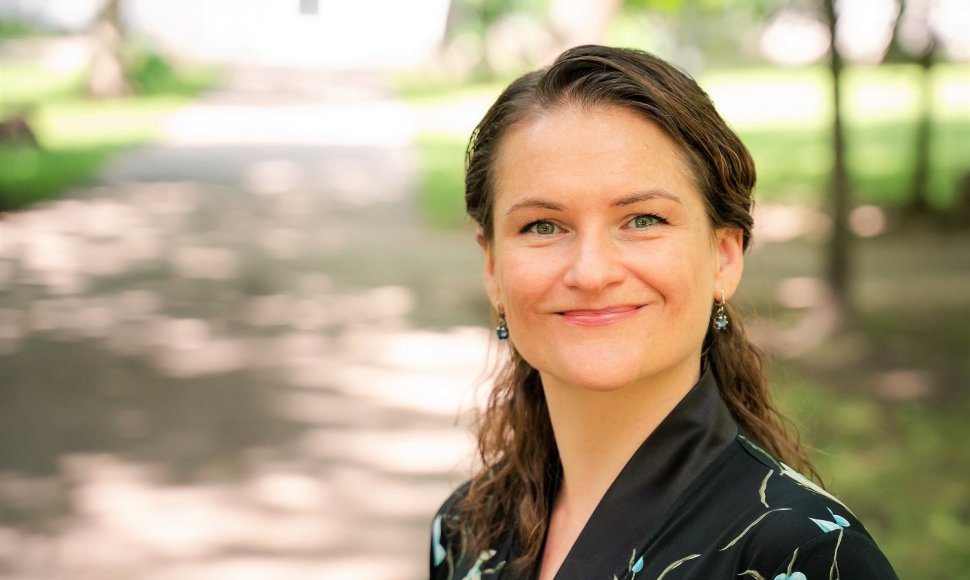The Lithuanian Government has to submit the 2.2-billion-worth plan of Recovery and Resilience Facility (RRF) to the European Commission (EC) by April 30. However, the social partners who were supposed to take part in the preparation of the Facility have yet to see its final version. The Ministry of Finance assures that the ministries are discussing the matter internally and promises to publicly announce the draft Facility in the nearest future. Yet, with less than 2 weeks remaining until the deadline, no one has actually seen the document.
“We are sorry to say that the whole process of preparing the Recovery and Resilience Facility greatly lacked clarity and that we, as a social partner, had not been invited to contribute to the Facility with insights into our relevant field. We were hoping to view the Facility when it was announced publicly, as stipulated in the public circular of the Ministry of Finance,” says Viktorija Bražiūnaitė, Director of the Lithuanian Social Business Association (LISBA).
In response to the economic and social consequences of COVID-19, the European Commission (EC) presented the Recovery and Resilience Facility on May 20, 2020, to finance the structural reforms in the member states and to encourage the recovery of economics by prioritizing the green and digital reform during 2019-2020.
One of the main goals of the EC is to reduce the economic and social inequality in the EU by contributing to the creation of workplaces and investing in social business, which is an important element of the general economic growth of any country.
In the National Development Plan of Lithuania, the improvement of social business conditions and promotion of social entrepreneurship are named as important strategic objectives that contribute to the resolution of relevant public and environmental issues, the absence of which would make any economic advancement impossible. Sustainable development is also among the horizontal priorities of the National Development Plan. The social business complies with the principles of these priorities and its participants are engaged in specific problematic fields attributed to sustainable development.
Today, with less than two weeks till the Facility submission deadline, LISBA presented its own suggestions to the Government on how to allocate investments to promote social business:
LISBA has the following suggestions:
We suggest allocating investments to promote social business via the following measures:
- Establishing a centre for social entrepreneurship and innovation competency and practice based on the best foreign practices
- Developing and continually holding social entrepreneurship consulting and practical training programs (pre-accelerators and accelerators), with respect to the different development stages of the organization and with the help of the best Lithuanian and foreign specialists
- Developing social impact assessment methods based on the best foreign practices
- Developing promotion programs for social innovation creation and development in cooperation with the Lithuanian and foreign scientific institutions and innovation centres
“We are firm in our opinion based on the practice of other countries that investments in this sector always pays off. The potential of social business has been universally acknowledged in solving a broad range of public issues, such as poverty, social isolation, environmental impact reduction, more effective use of natural resources, culture and creativity promotion, development of civic-mindedness and patriotic spirit, public education and information on civil defence, etc.,” says V. Bražiūnaitė, Director of the LISBA.
With its activities, social business satisfies the general public interests and develops advanced, sustainable and all-encompassing economic and social development conditions. The LISBA hopes that the Government will include the presented suggestions in the Facility.
Translated by MP Translations Agency in Kaunas.












